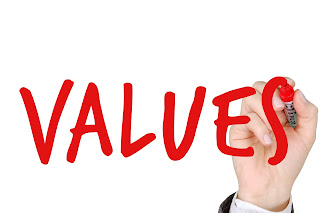2022 is coming to an end. As we enter the year 2023, we can be forgiven for thinking that things look rather bleak. The latest climate change forecasts are worrying. The pandemic continues to affect us as the virus evolves. And the war doesn’t seem to be coming to a quick end.
Will things get better? Perhaps. Perhaps not. Time will tell. Still, we may ask ourselves, has there ever been a time in human history where we haven’t faced serious challenges? It seems that difficulty is nothing new. And we have, in the past, overcome our problems, so perhaps we will also solve our current issues. But we will not solve them with inaction.
Some people think our problems are too large. They think their individual actions cannot make an impact. Of course, if everyone thought that way, nothing would change. It is true that individuals cannot change the world, but they can make an influence - even if small. And collectively, these small influences can amount to a big result.
Some people think they needn’t bother because the scientists have got it all wrong. This is possible. After all, scientists have been wrong in the past. Though it seems unlikely in this case. Regardless, this thought shouldn’t compel us to relax and do nothing. The possibility, even if small, that scientists are right, should compel us to act. Why? Because the stakes are so high and the cost of acting is very low. It is far better to take low cost action now, and then find out that it was not needed than do nothing, and later discover that we have missed our opportunity and have a massive cost to pay - perhaps the cost of our very existence.
So, what can we do? Don’t wait for business to change. Business responds to the market. It follows the lead of people. Don’t wait for governments to change. They too follow the lead of the people. We can guide business and government by making small adjustments to our own lives. It may be as simple as eating less meat, or switching to a fuel-efficient car - even an electric car. Or taking public transport. This is a key to stoic philosophy. Focus on your own sphere of control. Then you know that you have done what you can.





























